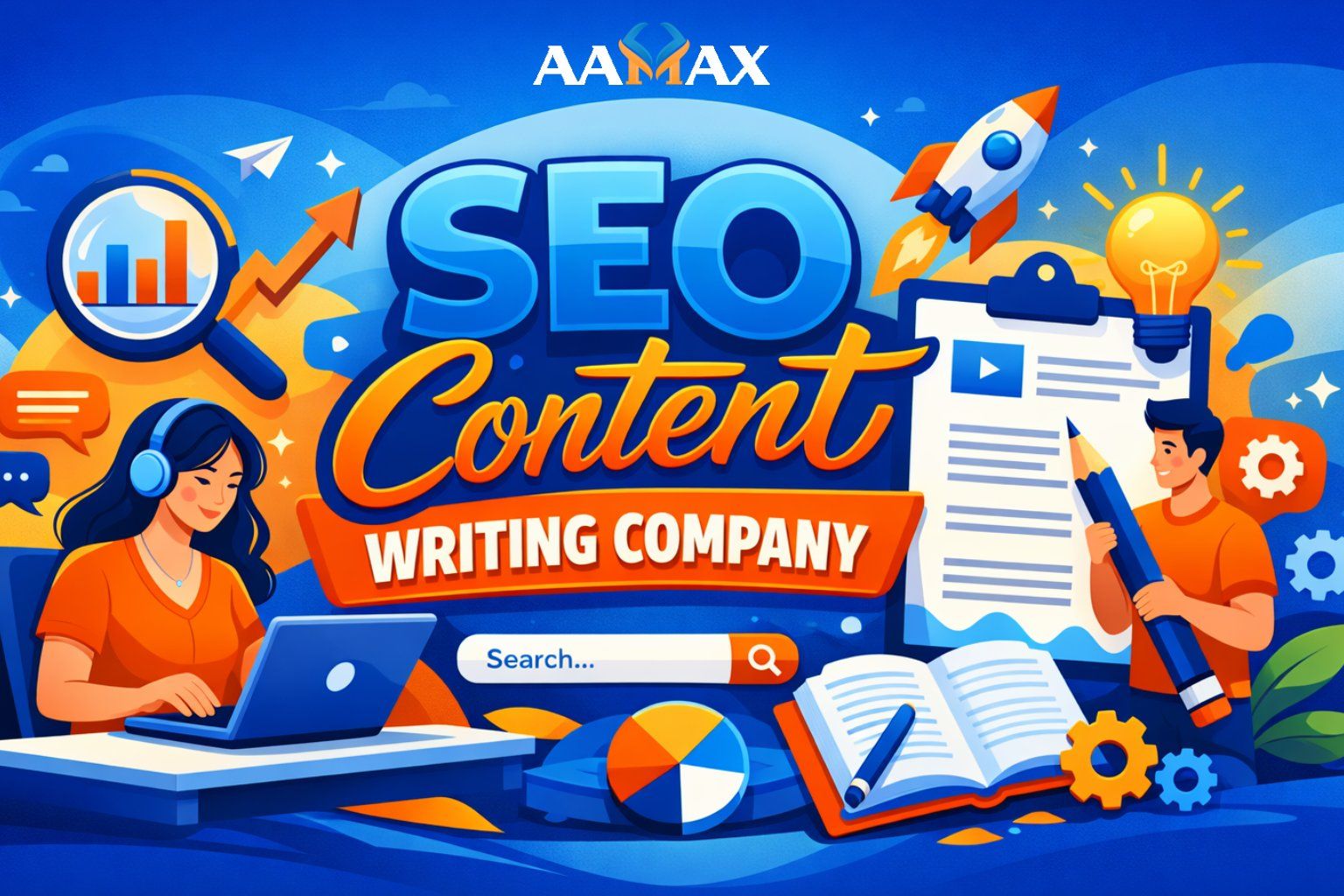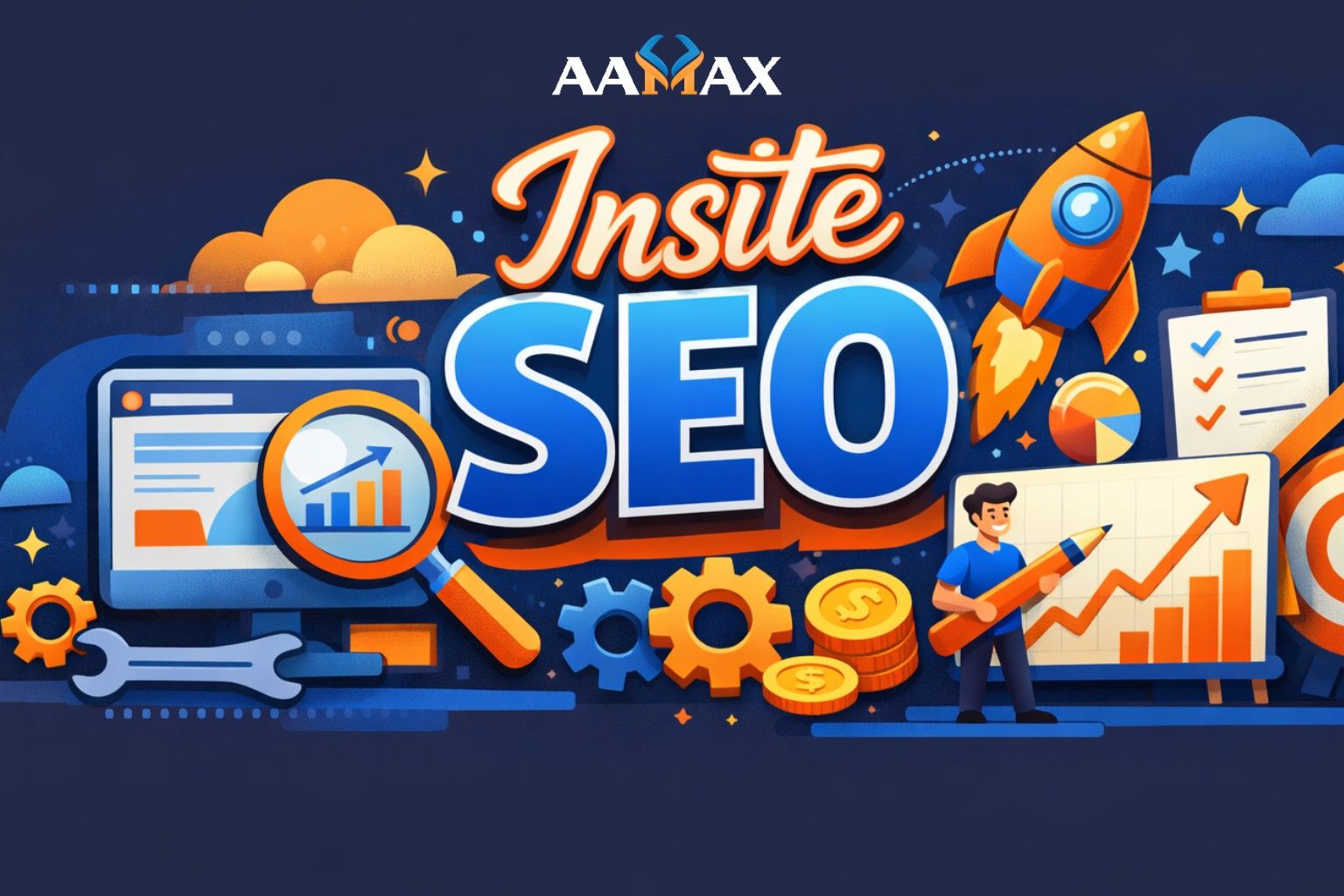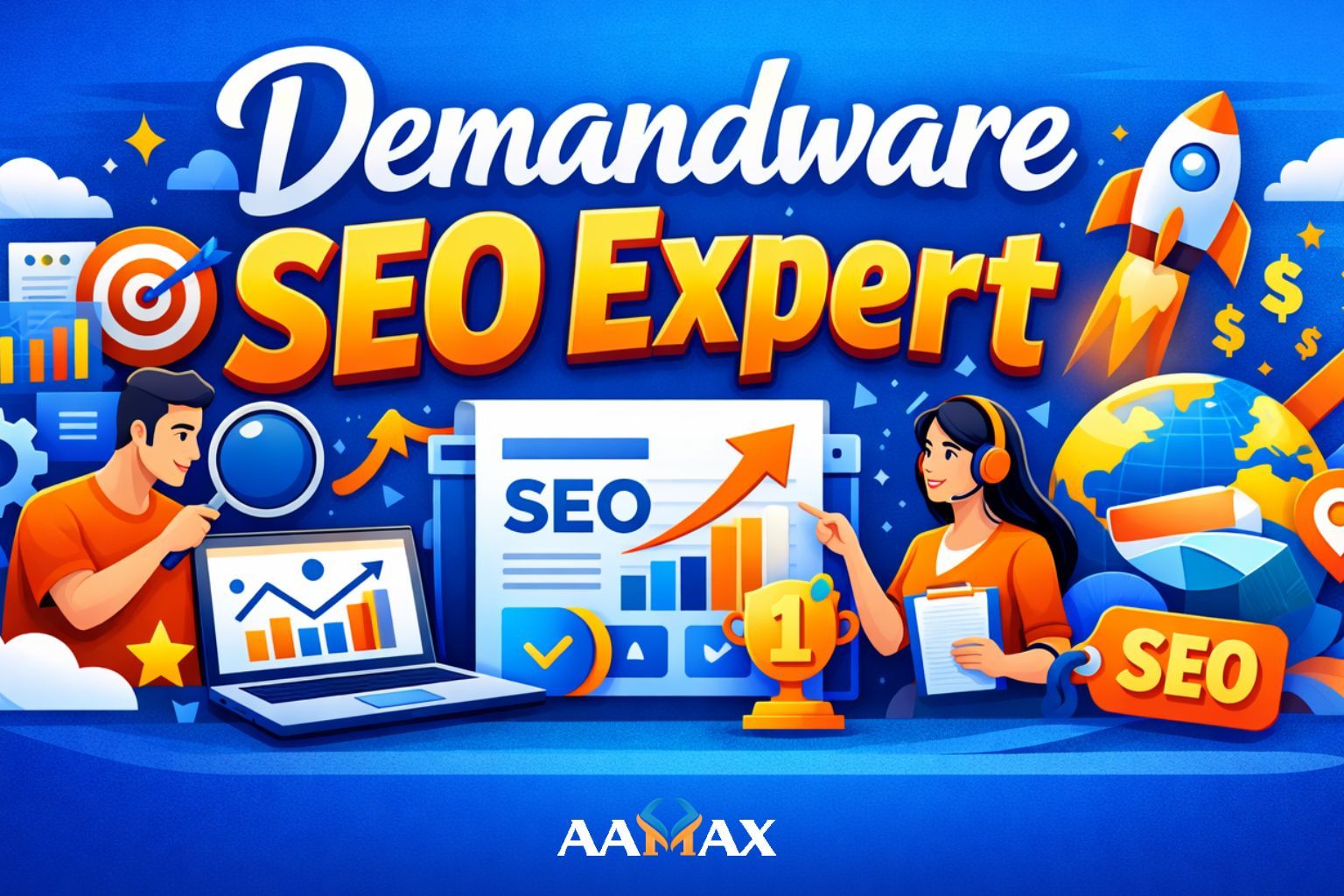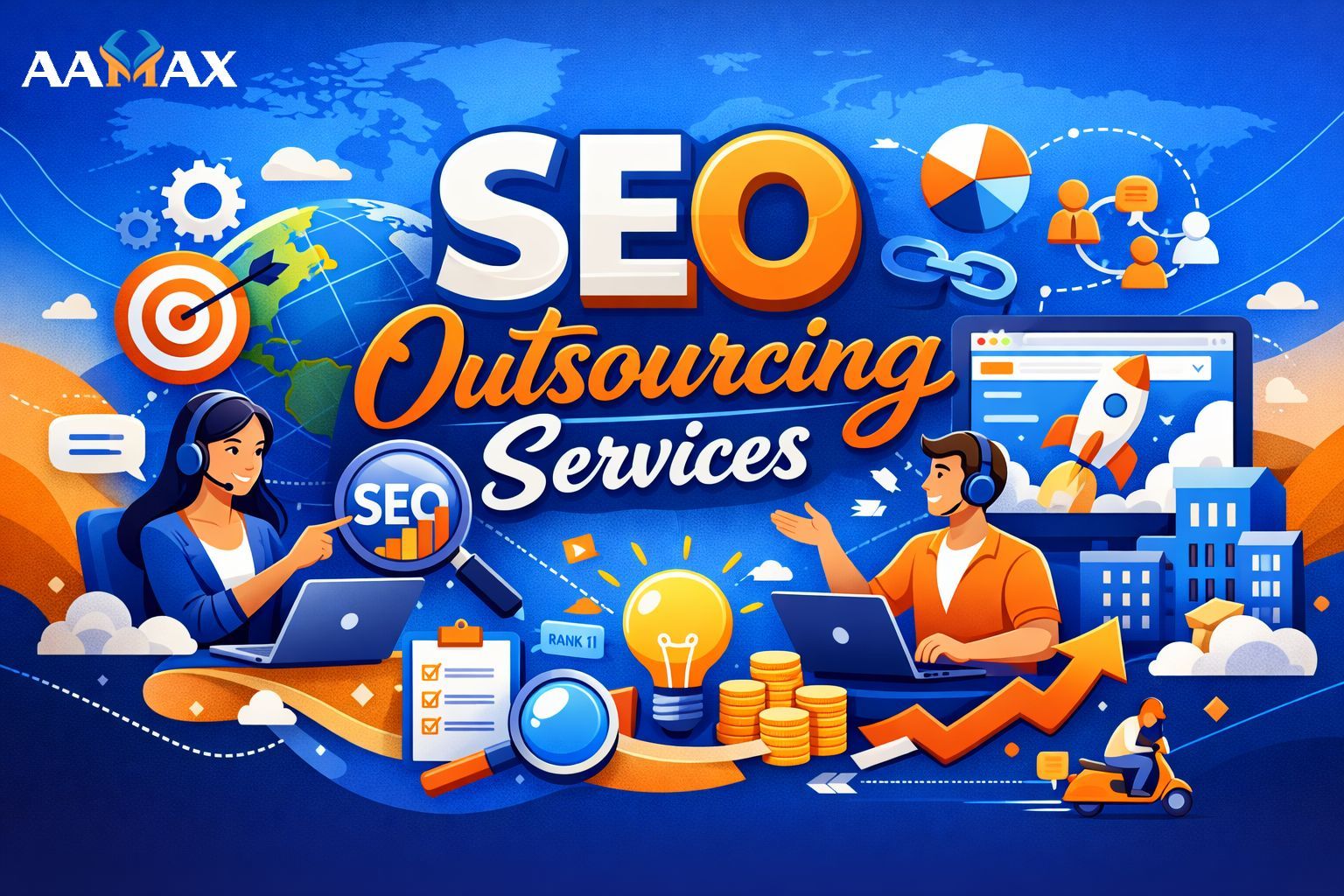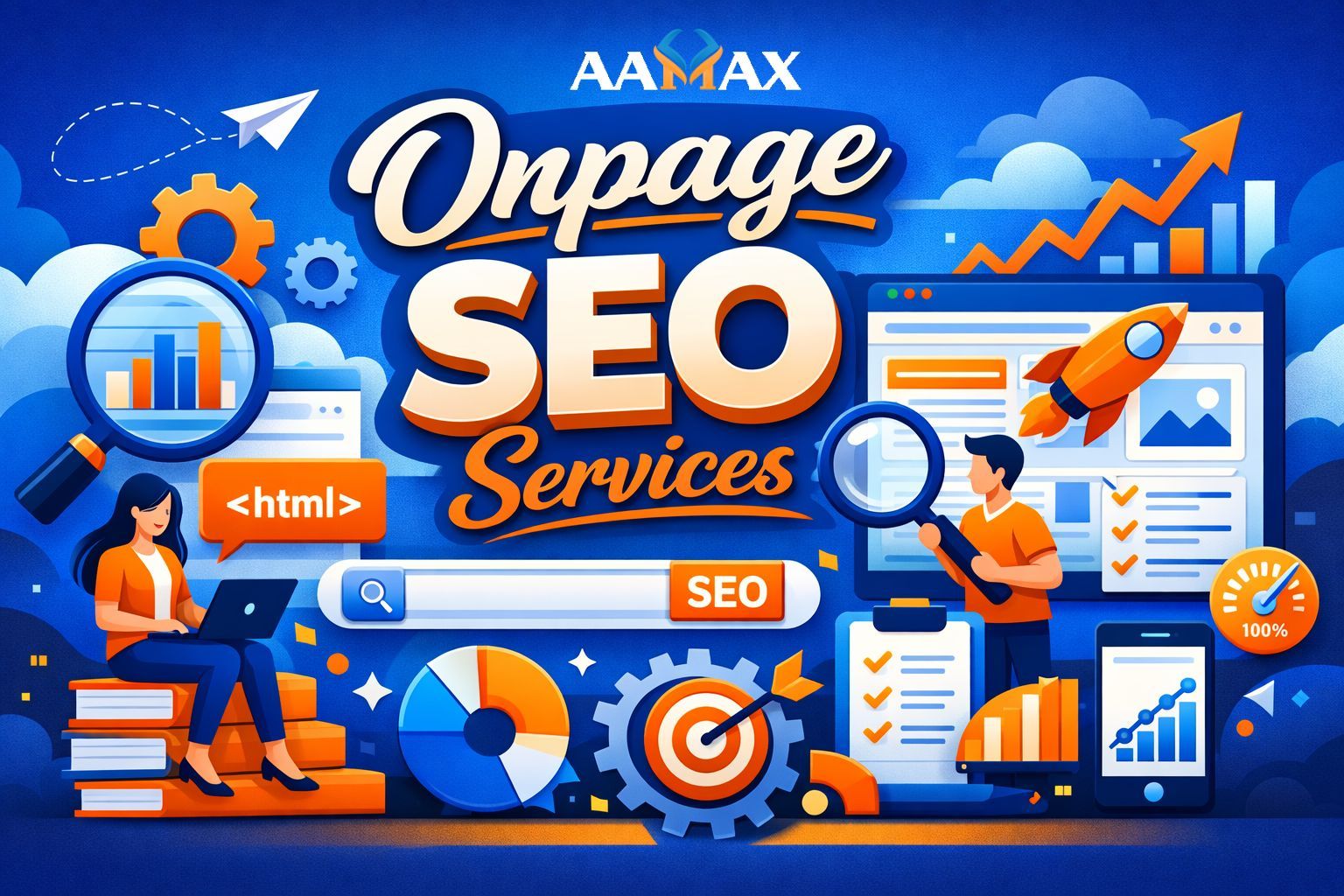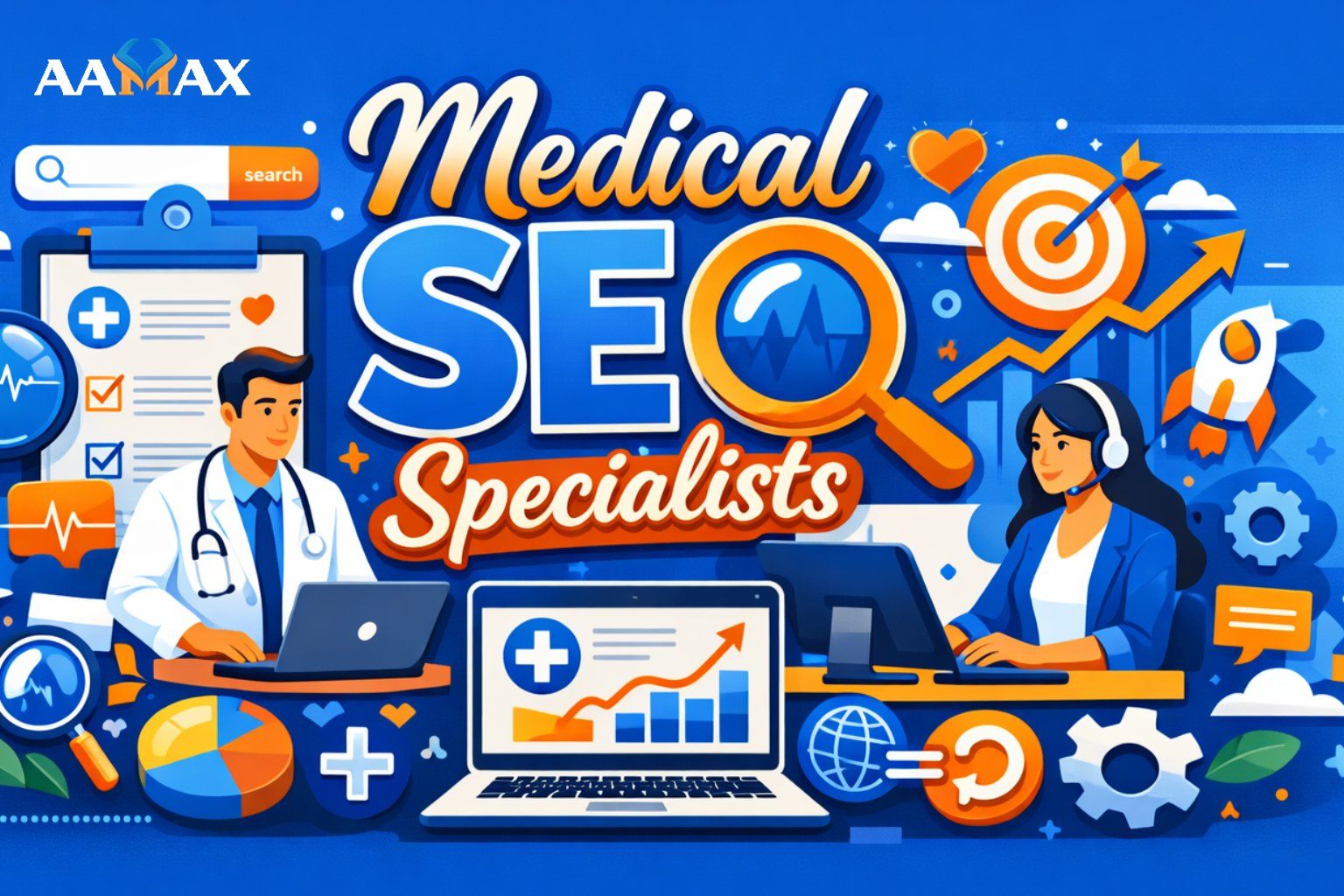
How Much Should You Spend on Internet Marketing & SEO?
In today’s competitive digital landscape, businesses face a crucial question: How much should you budget for internet marketing and Search Engine Optimization (SEO)?
With billions of websites competing for attention, it’s not enough to simply have a presence online—you need a targeted strategy to attract, engage, and convert your audience. From paid advertising to content creation and search engine optimization, every effort comes with a cost. But determining the right investment can be challenging without the right framework.
This guide breaks down how to approach internet marketing and SEO budgeting so you can make informed decisions, maximize ROI, and grow your business effectively.
Why Budgeting for Internet Marketing & SEO Matters
Whether you run a small business, a mid-sized company, or an enterprise, your digital marketing budget is more than just an expense—it's an investment in your growth.
Failing to allocate enough resources often results in missed opportunities, low visibility, and stagnant revenue. On the other hand, overspending without a clear strategy can quickly drain your budget without delivering results.
By determining the right investment amount, you ensure:
- Consistent lead generation
- Stronger brand authority
- Higher search rankings
- Better long-term ROI
Factors That Influence Your Digital Marketing Budget
When setting a budget for internet marketing and SEO, several factors come into play. Understanding them will help you allocate funds wisely.
1. Your Business Size and Revenue
Larger companies typically have more resources and need to target a broader audience, which can demand a higher spend. Small businesses, while having smaller budgets, should still invest proportionally to see results.
A common rule of thumb:
- Small businesses: 7–10% of revenue
- Mid-sized businesses: 8–12% of revenue
- Large enterprises: 10–15% of revenue
2. Your Industry’s Competitiveness
Highly competitive industries like real estate, law, finance, and eCommerce often require more investment in SEO and paid campaigns to compete effectively. In niche markets, you may be able to achieve results with a smaller budget.
3. Your Marketing Goals
The more ambitious your goals, the larger your budget needs to be. For example:
- Goal: Maintain visibility → Lower spend
- Goal: Rapid growth → Higher spend for aggressive campaigns
4. Current Online Presence
If your website is new or has little traffic, you’ll need to invest more heavily at first to build authority and brand awareness.
Key Areas to Allocate Budget in Internet Marketing
A successful marketing strategy often includes multiple channels. Here’s where your budget will likely go:
1. Search Engine Optimization (SEO)
SEO services improves your website’s visibility in search results, helping you attract organic traffic without paying for each click.
Budget Considerations:
- Keyword research
- On-page optimization
- Technical SEO fixes
- Link building
- Content creation
Typical monthly spend for professional SEO services ranges from $500 to $5,000+ depending on scope and competitiveness.
2. Pay-Per-Click (PPC) Advertising
PPC campaigns, such as Google Ads, provide instant visibility and allow you to target highly specific keywords.
Budget Considerations:
- Ad spend (cost per click)
- Campaign management fees
- Landing page creation
For competitive industries, expect to spend $1,000–$10,000+ monthly on ads alone.
3. Content Marketing
High-quality content drives traffic, engages visitors, and improves SEO performance.
Budget Considerations:
- Blog articles
- Video production
- Infographics
- Social media content
Content marketing can take 20–40% of your digital marketing budget for effective results.
4. Social Media Marketing
Social platforms like Facebook, Instagram, and LinkedIn can build brand loyalty and drive leads.
Budget Considerations:
- Organic posting and engagement
- Paid social ads
- Influencer collaborations
5. Email Marketing
Email remains one of the highest-ROI channels, costing relatively little but delivering strong returns.
Budget Considerations:
- Email software subscriptions
- Campaign design
- Copywriting
How to Calculate Your Internet Marketing & SEO Budget
A practical approach is to combine a percentage-of-revenue method with a goal-based method.
- Percentage of Revenue: Allocate 7–15% of your gross revenue depending on your business size and industry.
- Goal-Based Approach: Estimate costs to achieve your marketing objectives. If you aim to double your traffic in 12 months, calculate the SEO, content, and ad spend required.
Example:
- Revenue: $500,000 annually
- Industry average spend: 10% = $50,000/year
- Monthly allocation: ~$4,167
The ROI of SEO vs. Paid Advertising
When budgeting, it’s important to understand the difference between SEO and PPC ROI.
- SEO ROI: Long-term, compounding results. Initial investment may take months to pay off but continues delivering value.
- PPC ROI: Immediate results but stops the moment you stop paying.
A balanced budget should include both—SEO for sustainable growth and PPC for quick wins.
Common Budgeting Mistakes to Avoid
- Spending without tracking results – Always measure performance to ensure ROI.
- Cutting the budget too soon – SEO especially requires patience.
- Ignoring one channel entirely – Diversify to reduce risk.
- Not adjusting for market changes – Be flexible when competitors change strategies.
When to Increase Your Marketing Budget
You should consider increasing your budget when:
- You’re entering a new market
- Competitors are outranking you
- Your ROI is consistently positive
- You’re launching a new product or service
Why Professional Help Maximizes Your Budget
Hiring professionals ensures that every dollar you spend works harder for you. This includes expert keyword targeting, conversion-focused ad copy, and optimized website performance.
If you’re ready to take your marketing to the next level, you can AAMAX for expert web development, digital marketing, and SEO services. AAMAX is a full-service digital marketing company that helps businesses grow with proven strategies.
Final Thoughts
Determining how much to spend on internet marketing and SEO isn’t about finding the cheapest option—it’s about finding the most effective investment for your goals. By considering your revenue, industry competitiveness, and marketing objectives, you can set a realistic budget that fuels consistent growth.
The right investment in SEO and digital marketing not only improves your visibility but also builds long-term brand authority. With a strategic approach and expert guidance, you can ensure every dollar delivers measurable results.

